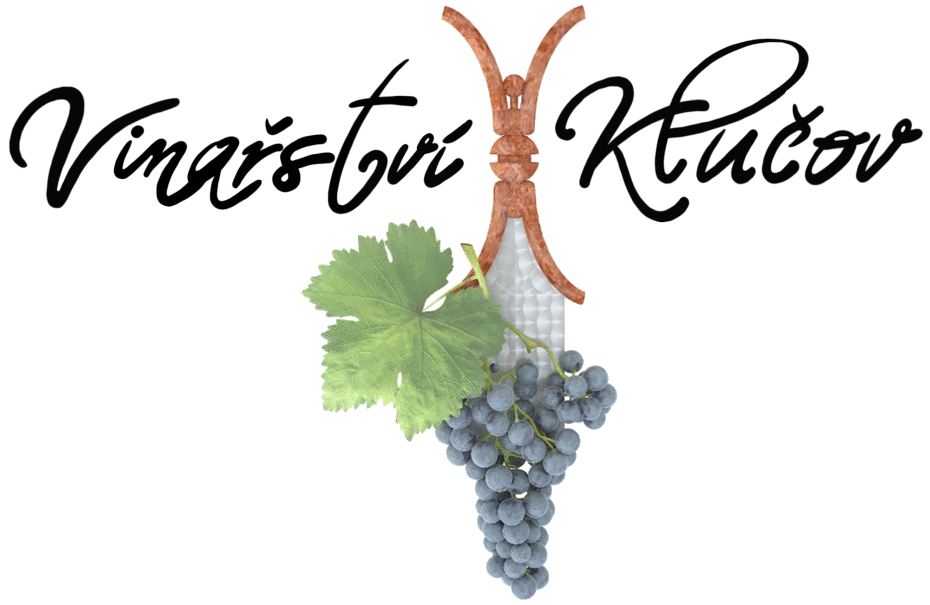The grapes of White Bordeaux include Sauvignon Blanc, Semillon and Muscadelle. There are a few other less-known varieties used in White Bordeaux such as Colombard and Ugni Blanc (the grape used in Cognac), but most White Bordeaux are made of Semillon and Sauvignon Blanc. Bordeaux is where Sauvignon Blanc originated and it’s very old. In fact, it’s older than Cabernet Sauvignon, a genetic cross of Sauvignon Blanc and Cabernet Franc that occured sometime during the 1600’s. There are two major styles of White Bordeaux: Light & Fruity or Rich & Creamy. Light & Fruity styles make up the majority of White Bordeaux and are generally cheaper. Rich & Creamy White Bordeaux wines are made in a specific region (Pessac-Leognan) and tend to be expensive.
So what do the two styles of White Bordeaux taste like? This is the most readily available style of White Bordeaux. Expect big flavors and aromas of citrus, grapefruit, lemon, gooseberry and lime along with grass, freshly-wet concrete, honey, passionfruit and honeysuckle flower. This is the most highly sought-after style of White Bordeaux. These wines tend to be predominantly Semillon which offers a much richer, more oily feeling on the tongue than Sauvignon Blanc. Expect flavors of baked apples and pears, crème brûlée, carmelized grapefruit, orange zest, ginger, figs, lemon butter and even chamomile.
Of all the Sauvignon Blancs in the world, White Bordeaux tends to be more citrus and floral vs. grassy and herbal. The acidity is not as high as Pouilly-Fumé (a Sauvignon Blanc from the Loire Valley) and the flavor is not as tropical or peachy as California Suavignon Blanc. Remember to be careful pairing White Bordeaux with overly acidic foods that will overshadow the wine.





